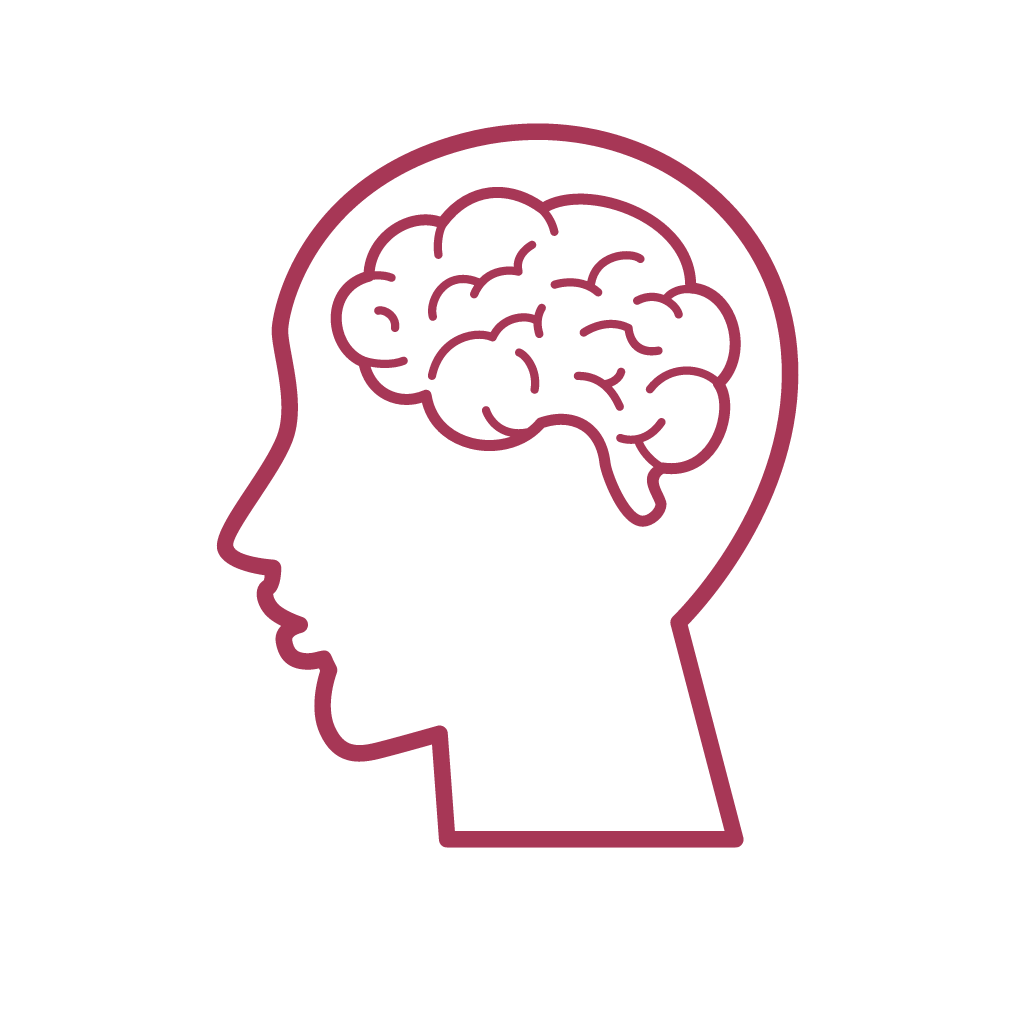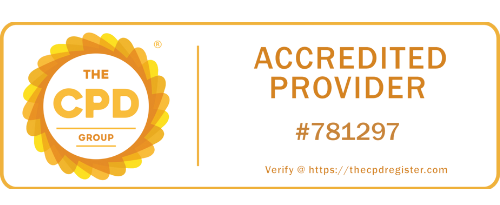1st March 2024
Somatic Practice in Trauma Therapy: A Comprehensive 12-Week Course
Transform Your Approach to Trauma Therapy Through an IFS and Autonomic Nervous System Lens
Dive deep into the world of somatic practice with our 12-week comprehensive training programme designed exclusively for therapists. Understand the intricacies of trauma through the lens of Internal Family Systems (IFS) and the Autonomic Nervous System (ANS), all while incorporating polyvagal-informed practices. This course will equip you with the knowledge, skills, and confidence to provide a more holistic and effective trauma-informed therapy.
Embodied Practice

Brain
Mind: Honouring Multiplicity

Body
Soma: An essential part of our being

Spirit
Self: Innate wisdom and resilience
Training Schedule
The Schedule: 4 Transformational Hours Every Week
For 12 consecutive weeks, we meet online from 9 AM to 1 PM (NZT). This block of 4 hours is a powerful mix of teaching, experiential learning, and consultation designed to provide a holistic and deeply enriching educational experience.
Here's How Each Session Breaks Down:
- 9 AM -10:30 AM: Teaching
- 10:30 AM -11:30 AM: Experiential Learning
- 11:30 AM-12 PM: Break & Reflection Time
- 12 PM -1 PM: Consultation and Peer Sharing
"The autonomic nervous system is the foundation of our lived experience. When we know how to listen, it tells the story of who we are and how we move through the world." Deb Dana
Your Investment of NZ$2795
Flexible Payment Plans: Elevate Your Practice Without Financial Strain
Invest in Your Future, Your Way
Understanding that a one-time payment may not be feasible for everyone, we're pleased to offer flexible payment plans designed to fit a range of budgets. Nothing can hold you back from acquiring the skills and knowledge that could define your career.
Spring Forward: March 2024 Special
Secure your spot in our March 2024 course and use a convenient three-installment payment plan. With an initial payment of NZ$1000, you can spread the remaining balance across two more manageable payments. This is the perfect way to commit early and save.
Early Enrollment Bonus: October 31st, 2023 Cut-off
If you're planning well ahead, seize our early-enrollment offer. Register by October 31st, 2023, and spread the cost over six comfortable payments of NZ$550 each. This extended payment plan provides additional flexibility, making investing in your professional future easier.
Your Education, Your Terms
Whether you opt for the three-payment plan in March or the six-payment plan by the end of October 2023, you're investing wisely in your clinical expertise and career longevity. We designed these options to make this exceptional training accessible to you.

Methodology
Each week’s curriculum consists of three main components:
- Teaching: A lecture or presentation introducing and explaining key concepts, supplemented by readings and research.
- Experiential Learning: Hands-on exercises and activities are designed to internalise the week’s teachings, often using one’s body and mind as the context.
- Consultation: Supervised group or one-on-one sessions to discuss clinical applications, case studies, and personal experiences, fostering a spirit of healing energy.
“We do not learn from experience... we learn from reflecting on experience."
―
"People can leave the trauma behind if they learn to feel safe in their bodies—they can feel the pleasure to know what they know and feel what they feel." Bessel van der Kolk
Week-by-Week Teaching Practice
Week 1: Introduction to Internal Family Systems (IFS)
- Teaching: Lecture on foundational principles of IFS
- Experiential: Guided meditation focused on self-leadership and parts exploration
- Consultation: Group discussion on integrating IFS into existing practices
Week 2: Foundations of the Autonomic Nervous System (ANS)
- Teaching: Overview of the ANS and its role in stress responses
- Experiential: Breathing exercises to understand ANS activation and deactivation
- Consultation: Case reviews on stress and trauma responses
Week 3: Introduction to Polyvagal Theory
- Teaching: Lecture on Polyvagal Theory and its relevance to trauma
- Experiential: Mindful body scanning to experience polyvagal states
- Consultation: Peer consultations on polyvagal-informed approaches to trauma
Week 4: Deepening Polyvagal Understanding
- Teaching: Exploring the Social Engagement System in Polyvagal Theory
- Experiential: Dyadic exercises to practice social engagement cues
- Consultation: Case discussions around social engagement and disengagement in trauma
Week 5: Integration of IFS and Somatic Practices
- Teaching: Techniques for merging IFS and somatic approaches
- Experiential: Guided imagery exercises focusing on body sensations and ‘parts’ dialogue
- Consultation: Supervised role-plays to demonstrate integrated approaches
Week 6: Trauma, Memory, and the Body
- Teaching: Exploration of how trauma is stored in bodily memory
- Experiential: Somatic journaling to explore embodied trauma memories
- Consultation: Peer sharing of experiences and discussion of case studies
Week 7: Understanding Psychophysiology of Trauma
- Teaching: Discussion of the biochemical and neurological aspects of trauma
- Experiential: Body awareness exercises to understand psychophysiological responses
- Consultation: Case consultation focusing on the psychophysiology of trauma
Week 8: Resilience and Post-Traumatic Growth
- Teaching: Lecture on the elements of resilience and post-traumatic growth
- Experiential: Resilience-building activities through body-mind connections
- Consultation: Group discussion on fostering resilience in clients
Week 9: Addressing Ethical Considerations
- Teaching: Lecture on ethical guidelines in somatic trauma therapy
- Experiential: Ethical dilemma role-plays
- Consultation: Peer consultations on managing ethical complexities
Week 10: Cultural Sensitivity in Practice
- Teaching: Discussion on the importance of cultural competence
- Experiential: Self-assessment and awareness exercises on cultural biases
- Consultation: Supervised case reviews with a focus on cultural aspects
Week 11: Supervision and Peer Consultation
- Teaching: Importance and methods of clinical supervision
- Experiential: Peer-led supervision sessions
- Consultation: Exploration of effective peer consultation formats
Week 12: Synthesis and Forward Planning
- Teaching: Recap and synthesis of all course material
- Experiential: Personal action plan development
- Consultation: Group discussions on implementing learnings in clinical practice
Limited Seats, Unlimited Potential
The cost is not just for the course—it's an investment in limitless potential. An investment in being a beacon of hope and healing for those grappling with trauma. An investment in your own lifelong learning and professional excellence.

